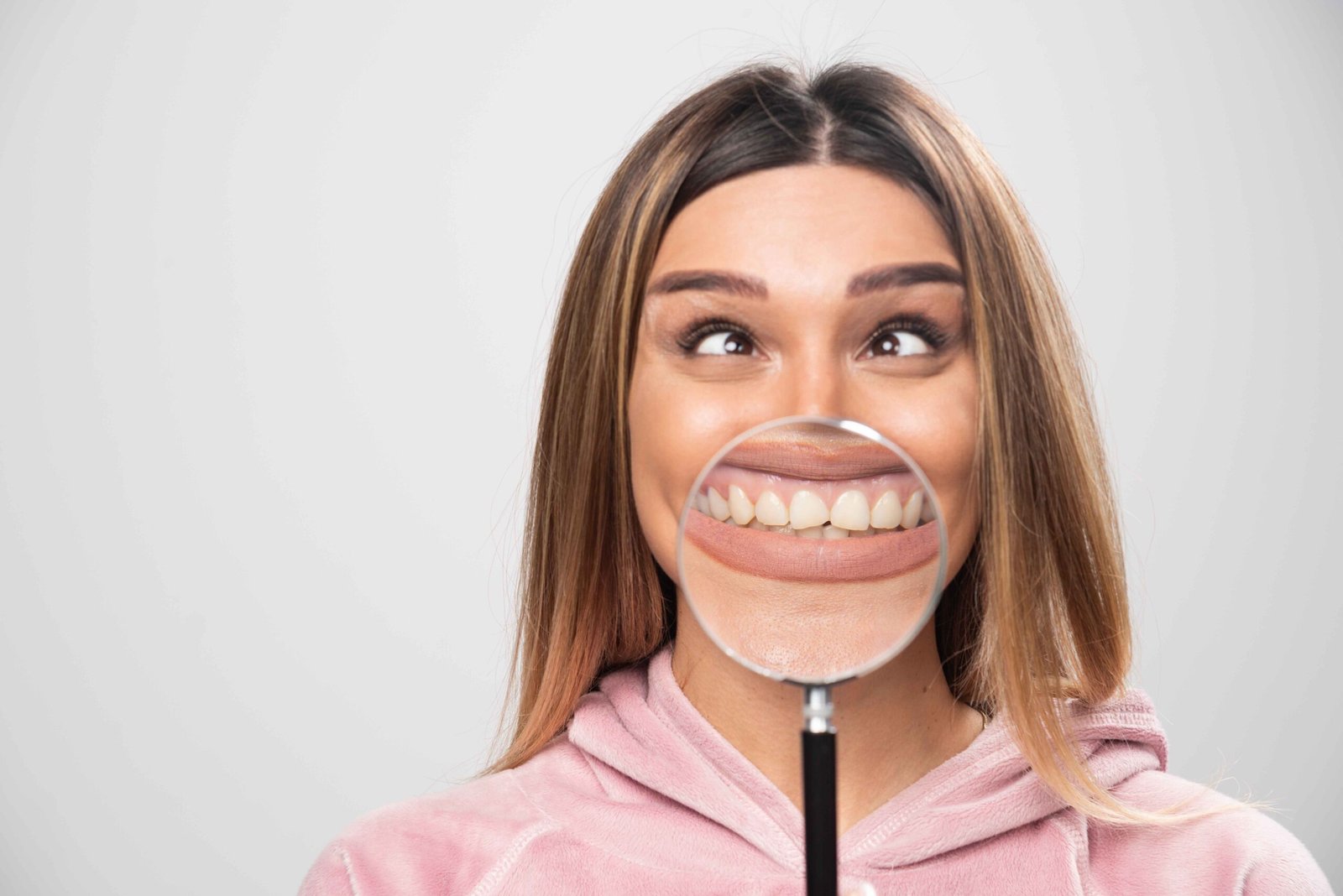Losing teeth might be upsetting, but it does not have to mean losing your smile or confidence. Modern dentistry has made false teeth, also known as dentures- capable of returning your appearance and ability to chew any food you love. Think about being able to chew, speak, and smile normally again! Whether you’ve lost a few or all of your natural teeth, there’s a solution that fits your needs. You may have heard about moldable teeth; if not, let us discuss it here. This article will discuss the types of false teeth, how to use moldable false teeth, and so on.
Types of False Teeth
Partial Dentures
Partial dentures are an excellent choice when you still have some natural teeth. They make up for the gaps your missing teeth have made and prevent the remaining ones from shifting. Usually, they are attached with clips to healthy teeth. While the clips are visible, they can be created with a tooth-coloured material that blends in with your natural teeth.
Complete Dentures
This type of denture is designed for people who have lost all their teeth. This could be due to gum disease, injury, or other medical conditions. These dentures have artificial teeth attached to a plate, which is then fitted against your gum. The plates are made to match the colour of your gums, so they look natural and aren’t noticeable to others. You can use denture adhesive, which can keep them fixed in place. Complete dentures give you a whole new smile makeover and confidence.
Removable Dentures
Removable dentures are the traditional type that can be taken out for cleaning or while sleeping. They are easy to care for but sometimes fall out of position. The best way to avoid this is by staying away from sticky, hard, or chewy foods. Using denture adhesive will also help keep them in place, even though you may have to practice how to get them on properly. Removable dentures last five years, depending on the market prices, ranging from $300 for cheap versions to $8,000 for some of the premium ones. The charge will depend on the materials used, customizations, and whether you want upper and lower plates or a single plate.
Also Read:- How To Tighten Loose Teeth With Household Ingredients?
Flexible Dentures
Flexible dentures are a modern alternative to traditional ones. They are made of durable yet flexible materials that allow them to fit comfortably inside your mouth. These also utilize a translucent resin colour, which is considered a closer colour to your gum, and they don’t need visible clips. These dentures are so light and less bulky, making them a popular choice for those who prioritize comfort and a natural look. They are more expensive—ranging from $700 to $3,000 for partial sets.
How to Use Moldable False Teeth
Moldable false teeth are easy to use and fit comfortably when done right. Here’s how to use them:
- Soften the material: First, you submerge your moldable dentures into warm water to make them flexible.
- Place them in your mouth: Once softened, place them in your mouth and gently push them against your gums. This provides time for them to mold according to the shape of your mouth.
- Keep holding: Ensure you hold them in place for a short duration until the material hardens and fits properly.
- Adjust as needed: If they feel uncomfortable, take them off and reshape them until they feel just right.
How to Maintain Your Moldable False Teeth
To keep your false teeth in good form and your mouth healthy, you must take proper care of them. Here is how to care for them:
- Daily Cleaning: Just like natural teeth, false teeth also require daily cleaning to remove plaque and bacteria. You will need a soft-bristle toothbrush and cleaning solutions designed specifically for them.
- Handle With Care: Dentures are fragile, so always handle them carefully. Clean them with a soft towel in case they accidentally fall.
- Soak Overnight: Keep your dentures moist by soaking them in water or a denture solution overnight. Rinse them well before wearing them again.
- Avoid Some Foods: Avoid intake of hot drinks as they could warp your dentures and hard or sticky food. Go for softer foods as much as possible.
- Regular Check-up: Visit your dentist regularly so that your denture remains in good shape and condition.
Side Effects of Dentures
Getting used to dentures can take some time. You will experience some temporary side effects:
- Excessive Salivation: Your mouth may produce more saliva as you start using your denture. This is normal and should decrease as your mouth readjusts.
- Difficulty In Eating: It is tricky to get used to eating with dentures. Start with soft or liquid food and then gradually introduce harder-textured food.
- Struggle to Speak: Speech may be more troublesome, but practice makes perfect. Say difficult words out loud several times to get used to them.
- Mouth Irritation: A few people may have slight irritation or sore spots on their gums at first. Rinsing the mouth with salt water and also maintaining proper oral hygiene can resolve this.
- Slipping Dentures: Removable dentures may slip whenever you sneeze, cough, or yawn. Cover your mouth to keep them in place during these moments.
In case you feel that your dentures are not comfortable or do not fit after the adjustment period, visit your dentist for an evaluation.
Conclusion
False teeth have improved significantly in recent years, providing individuals in need with comfort, confidence, and functionality. From partial to full dentures to flexible to removable types, there’s a solution for everyone. With proper care, dentures can last for years and significantly improve the quality of life. For those looking for ways to maintain your dentures, use these tips to ensure that you enjoy a confident smile for a long period.
Source:- https://www.healthline.com/health/false-teeth#side-effects
Frequently Asked Questions (FAQs)
1. How long will dentures last?
If properly cared for, dentures will last 5–8 years before they need to be replaced.
2. Can I eat all types of food with my dentures?
At first, avoid sticky, hard, or chewy foods. Once your mouth gets used to them, you’ll enjoy these foods.
3. How should I clean my dentures?
Use a denture-specific cleaning solution, brush them daily, and soak them overnight. This keeps them fresh and moist.
4. What should I do if my dentures feel loose?
You must go to your dentist for an adjustment or refitting. The feeling of having loose dentures could be distressing and can cause trouble eating or speaking.
5. Are flexible dentures better than traditional ones?
Flexible dentures are far more comfortable and lightweight but cost a little more. They are good for partial dentures.

